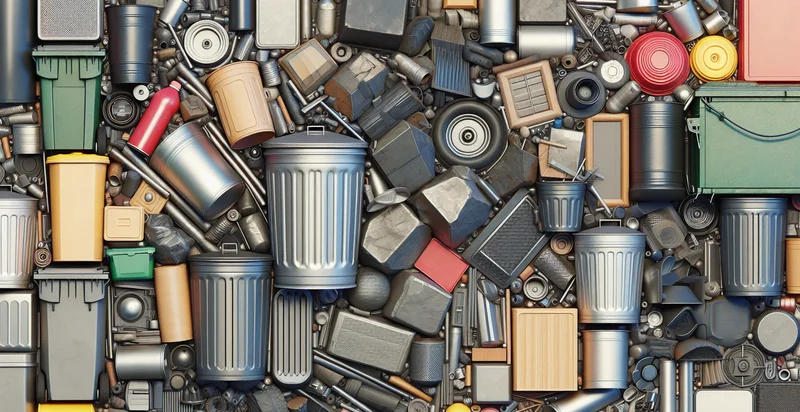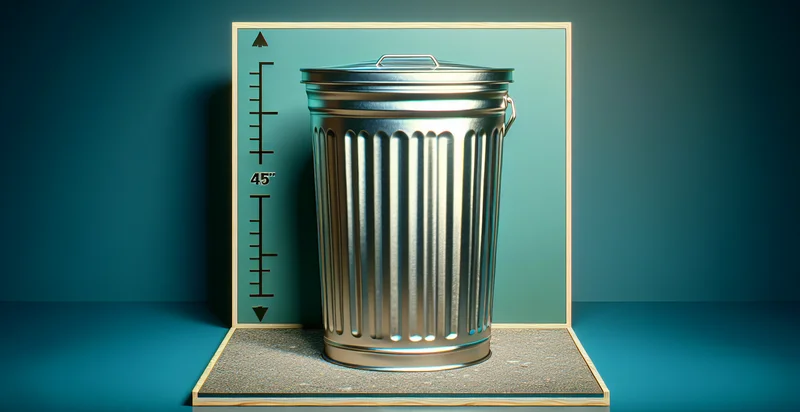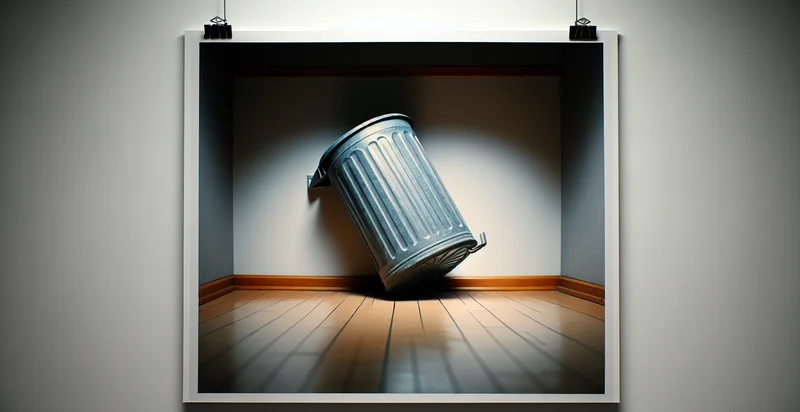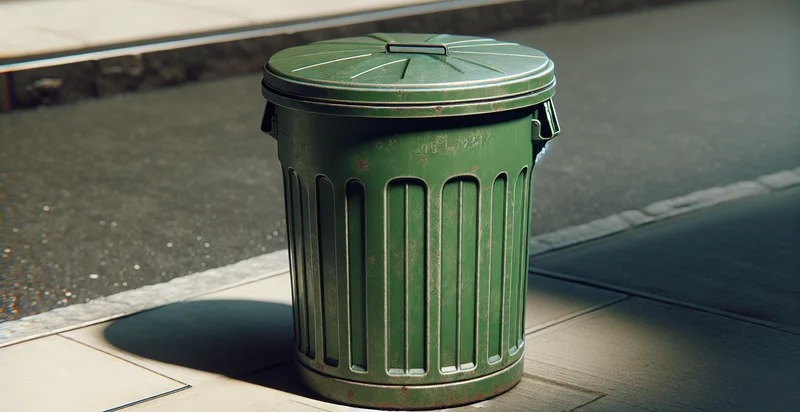Identify what material a trash can is made from
using AI
Below is a free classifier to identify what material a trash can is made from. Just upload your image, and our AI will predict what material a trash can is made from - in just seconds.

Contact us for API access
Or, use Nyckel to build highly-accurate custom classifiers in just minutes. No PhD required.
Get started
import nyckel
credentials = nyckel.Credentials("YOUR_CLIENT_ID", "YOUR_CLIENT_SECRET")
nyckel.invoke("what-material-a-trash-can-is-made-from", "your_image_url", credentials)
fetch('https://www.nyckel.com/v1/functions/what-material-a-trash-can-is-made-from/invoke', {
method: 'POST',
headers: {
'Authorization': 'Bearer ' + 'YOUR_BEARER_TOKEN',
'Content-Type': 'application/json',
},
body: JSON.stringify(
{"data": "your_image_url"}
)
})
.then(response => response.json())
.then(data => console.log(data));
curl -X POST \
-H "Content-Type: application/json" \
-H "Authorization: Bearer YOUR_BEARER_TOKEN" \
-d '{"data": "your_image_url"}' \
https://www.nyckel.com/v1/functions/what-material-a-trash-can-is-made-from/invoke
How this classifier works
To start, upload your image. Our AI tool will then predict what material a trash can is made from.
This pretrained image model uses a Nyckel-created dataset and has 12 labels, including Bamboo, Ceramic, Composite, Fabric, Fiberglass, Glass, Metal, Paper, Plastic and Rubber.
We'll also show a confidence score (the higher the number, the more confident the AI model is around what material a trash can is made from).
Whether you're just curious or building what material a trash can is made from detection into your application, we hope our classifier proves helpful.
Related Classifiers
Need to identify what material a trash can is made from at scale?
Get API or Zapier access to this classifier for free. It's perfect for:
- Recycling Sorting Optimization: In recycling facilities, accurately identifying the materials of trash cans can streamline sorting processes. By classifying the materials, workers can efficiently separate recyclable items from landfill waste, boosting overall recycling rates and reducing contamination.
- Material-Based Trash Can Design: Manufacturers can utilize image classification to study market trends in trash can materials. By analyzing customer preferences and material performance, they can design products that meet consumer demands for durability, sustainability, and aesthetics.
- Waste Management Reporting: Municipalities can leverage this function to track the materials of trash cans present in public spaces. With this data, they can generate reports on waste management practices, identify areas needing environmental improvements, and allocate resources more effectively.
- IoT Integration for Smart Waste Solutions: Smart cities can integrate image classification with IoT devices to monitor trash can conditions. By identifying materials remotely, cities can optimize the deployment of waste collection services based on the type and amount of garbage generated.
- Educational Campaigns for Material Awareness: Non-profits can use the classification function in educational campaigns to raise awareness about plastic versus biodegradable materials. By identifying trash cans made of specific materials, organizations can tailor their messaging to promote more sustainable waste practices among communities.
- Product Liability Assessment: Companies can employ this function to analyze the materials of trash cans that fail under use. By systematically investigating the specifics of what materials were used, businesses can address potential product liabilities and improve future design specifications to enhance safety.
- Market Research for Sustainable Materials: Research firms can apply image classification to assess the prevalence of sustainable materials in trash can production over time. This analysis can inform future market predictions and help stakeholders make informed decisions on investment in eco-friendly manufacturing practices.


